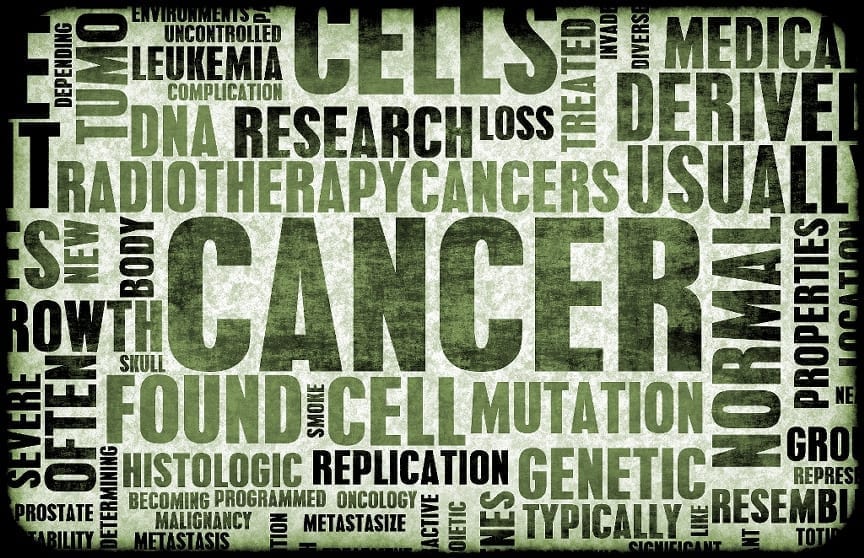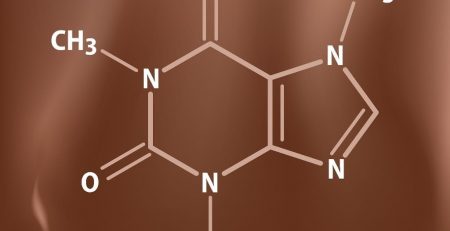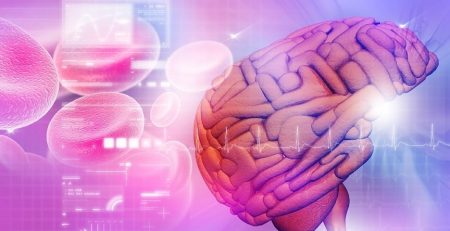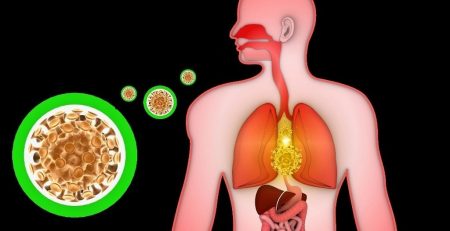Cancer Meets Its Nemesis
Cancer has been affecting humanity for years, but each year we get closer to finding a cure. If we’re not evolving drugs to fighting the Cancer, we’re at least better understanding on how the disease operates. However, the newest findings have delivered a better understanding on how Cancer is developing in the body. One of the most amazing advances in the fight against leukemia and other blood cancers in many years, doctors are using gene therapy to transform patients’ blood cells into warriors seeking and destroying cancer cells. As many as six research groups have treated more than 120 patients (who have varying types of blood and bone marrow cancers), and these groups have experienced stunning results. In one study, all five adults and 19 of 22 children with acute lymphocytic leukemia (ALL) had a complete remission. All of these individuals were gravely ill patients who had no other treatment options. Many had tried multiple bone marrow transplants, and some had 10 types of chemotherapy. In one research group, one person’s tumors disappeared in just eight days.
While fewer of the patients have experienced relapse, it is nonetheless an inspirational advancement. This provides a new option to many who had run out of places to turn, and researches hope to have federal approval for the treatment as early as 2016. This also brings new hope for the future. Hope that is much needed in light of harrowing statistics. Nearly 49,000 new cases of leukemia, 70,000 cases of non-Hodgkin lymphoma, and 22,000 cases of myeloma are expected to be diagnosed in the United States in 2013. Until now, the most common methods of combating cancer involved harsh drugs or radiation. Using either of these causes major side effects. The new treatment requires that the patient’s blood be filtered in order to remove millions of T-cells, and then altering them to contain a gene that targets cancer. Next, the T-cells are returned to the patient over the course of three days. This method (unlike radiation) leaves the healthy cells relatively unharmed.
Unfortunately, the gene therapy must be made individually for each patient, and lab costs alone are about $25,000; however, that cost is still less than many of the other drugs that are used to treat these diseases. Additionally, it costs far less than a transplant. And there are other advancements, new research suggests that a component that is found in grape seed extract is effective in killing prostate cancer cells. The investigators say that their findings mean they are a step closer to understanding the possible effects and mechanisms of active components in GSEs that are effective against cancer cells.
Interesed in selling your used lab equipment, but unsure how to begin? Don’t worry you’re not alone. Contact The Lab World Group today for a free assessment on your used laboratory equipment. We offer several solutions to assist you with recovering income for your surplus instruments. Whether it’s a single piece of used equipment, or an entire laboratory, we can help. Contact the Lab Liquidation Experts today at 617-999-5746, or click here to sell your used lab equipment.














